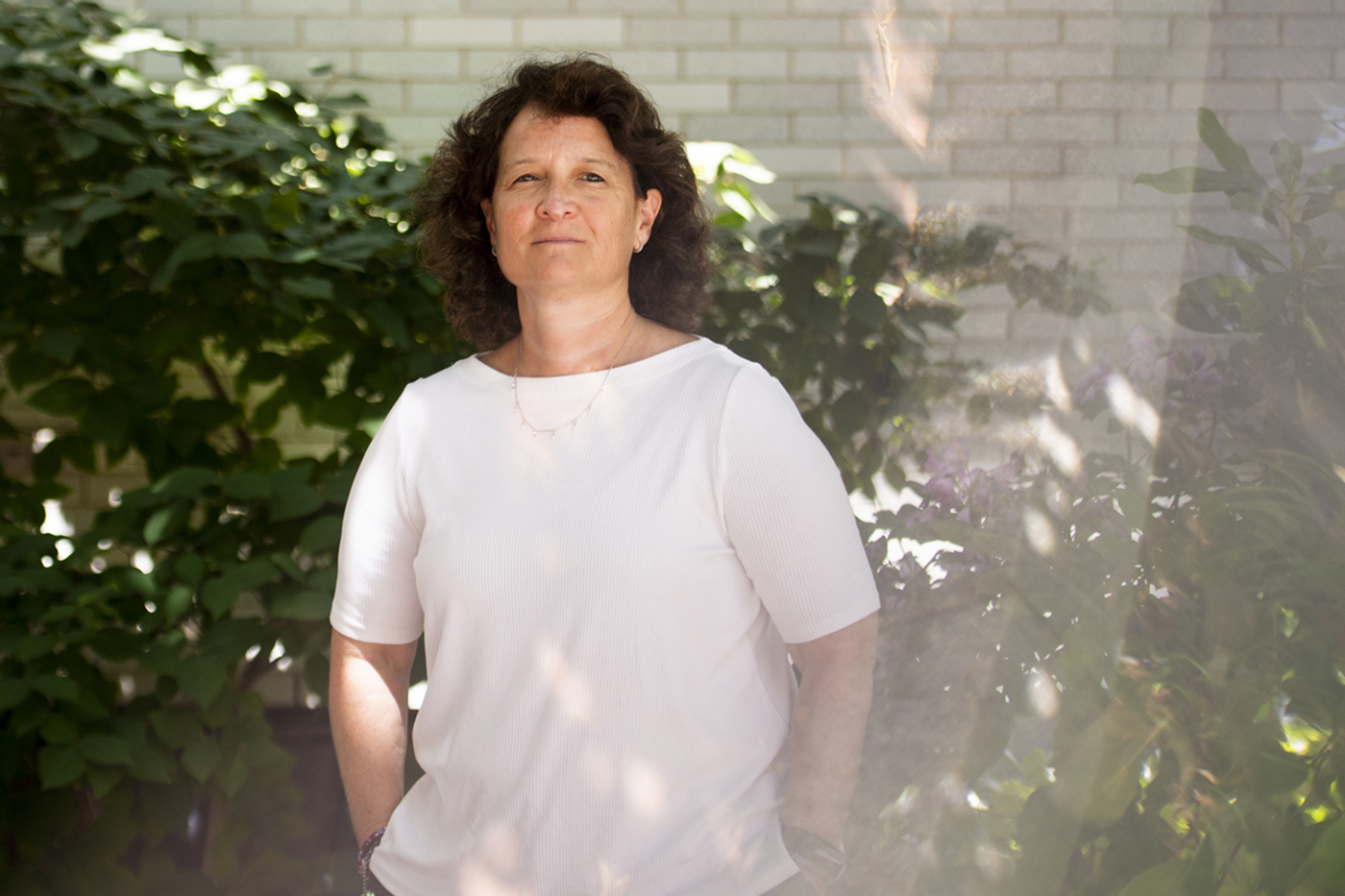Addiction is a disease, not a choice. Matthew Perry’s public battle helped alleviate stigma, Northeastern experts say

A year before his sudden death, “Friends” co-star Matthew Perry appeared on a podcast where he shared that he didn’t want to be remembered for his time on the sitcom, but for his work helping others with addiction.
When Perry died last month, people did recall his acting work, but also remembered him as an advocate for those with addiction. During his lifetime, Perry was vocal about his own battle with alcohol and drugs, documenting his struggles in his 2022 memoir, “Friends, Lovers, and the Big Terrible Thing,” and serving as a sponsor for others in recovery.

These efforts made a difference, according to Allison Bauer, an associate teaching professor in Northeastern University’s department of health sciences and former director of the Bureau of Substance Addiction Services of the Massachusetts Department of Public Health.
When people — especially celebrities — speak out about addiction, Bauer says, it can help alleviate the stigma surrounding the disease.
“I gave 75 different talks over two years (with the Bureau),” Bauer says. “(My talks) would not carry the weight of the words of somebody like Matthew Perry. He was someone with the illness, and that carries weight, regardless of whether you are a celebrity or not. … But I think celebrities carry this level of believability that makes people listen.”
There is often a stigma surrounding addiction, leading people to think negatively of those with the disease, Bauer says.
“If somebody is suffering from a vascular condition, we don’t attach stigma to illness,” she says. “But for whatever reason, stigma has been attached to the illness of addiction for many years, in part because people don’t call it the illness of addiction.
“There’s a lot of judgment that comes along with addiction, a belief that somebody’s making the choice to be addicted. And as a result, there’s kind of this negative lens that gets attached to it.”
This stigma can make it difficult for people to seek treatment, Bauer says. Misinformation around addiction also perpetuates this stigma, making voices like Perry’s even more vital, says Kaitlyn McCreedy, a Northeastern Ph.D. student and research lead at the university’s Action Lab at the Center for Health Policy and Law.
The lab studies harm reduction as an approach to the overdose crisis.
“There’s so much misinformation out there about addiction and drug use and the oversight,” McCreedy says. “So it’s good to center the voices of people with actual lived experience, especially in a culture with so much hate and stigma and misinformation.”
Addiction can also lead to legal trouble, prompting many to stay quiet about their struggles at the risk of facing jail time, McCreedy adds.
“It can be really, really hard for people to speak openly about their experiences, especially because they could genuinely face legal prosecution,” she says. “It can be difficult to find space to talk about that. … People speaking out about it certainly can help other people feel seen and heard, especially people with the kind of reach Matthew Perry had.”
Perry was open about the fact that over the years he spent millions of dollars trying to get sober, Bauer says, disrupting the idea that reaching sobriety happens once and easily.
“That he would share the realities of the path of treatment for addiction disorders is really helpful,” Bauer says. “He was really doing anything he could with his celebrity status and resources, really just trying very hard not only to do what he could to help people on a very individual level, but on a more global level using his platform to shift the dynamic of thinking.”
Perry was also vocal about his involvement with Alcoholics Anonymous, telling The New York Times last year that he sponsored three people through the program, guiding them through their journey to sobriety. This also is helpful to people with addiction, McCreery adds. While there’s not much data available on this thanks to the anonymous nature of these groups, she says anecdotal evidence shows that getting people involved can help in recovery.
“People report having that kind of community support is really helpful for them,” McCreery says.
Erin Kayata is a Northeastern Global News reporter. Email her at e.kayata@northeastern.edu. Follow her on X/Twitter @erin_kayata.







